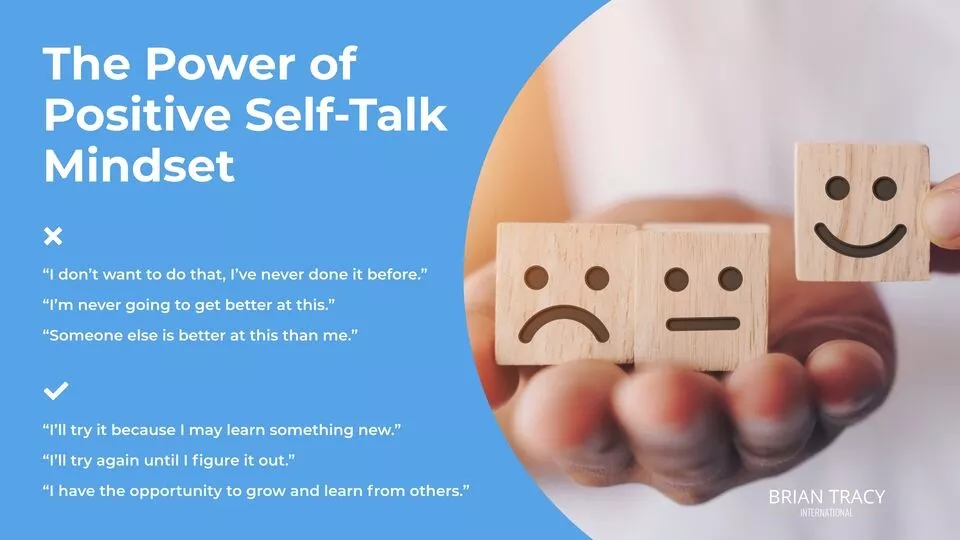
When Kim Cameron gets off a flight, he’ll often hand a couple of his Delta frequent-flier certificates to airport employees. “I just thank them when they serve me,” he tells me. In turn, they will respond with a hug, sometimes tears. He shares this story to make a point that he’s embraced a mindset of looking for ways to recognize people and their good work.
In responding to my emails after our conversation, he signed off with: “You are terrific.” It didn’t matter whether the compliment was merited — the cheery line gave me a jolt of confidence.
But Cameron is not just a really nice guy. Being positive is also his day job.
For nearly 20 years, Cameron, a business professor at the University of Michigan, has studied how positivity transforms organizations and the people who work in them. A pioneer in the “positive leadership” movement, Cameron believes that focusing on what’s going right— or “the positively deviant” behavior, as he calls it — is more effective than concentrating on what’s going wrong.
And it’s not just about being nice or peddling the theatrical optimism of inspirational speakers. Nor is Cameron promoting a “Pollyanna-ish” idea of positivity, he told me. He’s got ample proof that once permeated in the culture of an organization, positivity has transformative power. In fact, he’s written 16 books on the subject. “What happens is you start unleashing people’s potential,” he told me.
In a time of plummeting trust in American institutions and diminished faith in effective and dignified leadership, the vision of positive leadership offers hope, Cameron believes. “We’re in a cynical, angry, kind of awful condition right now,” Cameron told me. Positive practices like generosity and forgiveness in the workplace, Cameron believes, can provide a connection between individuals who may not see eye to eye. “Everybody believes in kindness and gratitude,” he told me. “It’s the best of the human condition — and that’s the whole point.”





